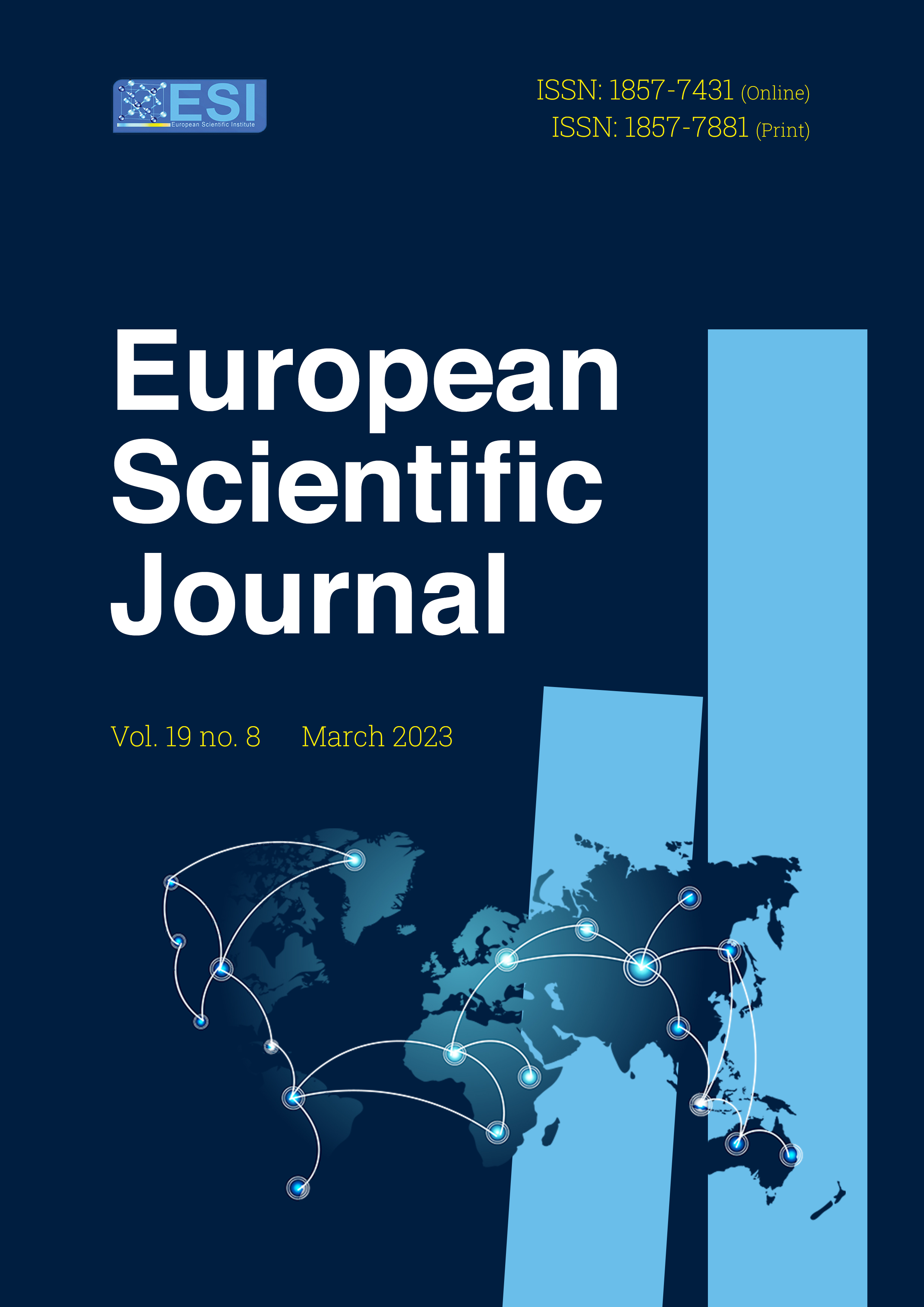The Language of Propaganda in Governance: The Nigerian Situation
Abstract
Language is a unique gift to humanity by the Omniscient God. By means of language, we build or end a relationship, forge alliance, build bridges of unity and cooperation among peoples and groups. By means of language, also, we find a viable instrument to achieve participation and exclusion in political and diplomatic maneuvering. Formal or informal discourse may be achieved through vocal utterance, written medium or even paralinguistic features. Language, in effect, plays inestimable role in all aspects of life. This paper, in a special way, examines the impact of language in governance. Since English is Nigeria’s official language, the essay has, by purposeful random sampling, chosen the meta language of English, of all the myriads of languages spoken in Nigeria, to engage our discourse and to ascertain the impact of language in governance. Again, since charity, they say, begins at home (but should not end there), the essay has chosen Nigeria to query the impact of the English language in (political) governance. The paper upholds the platitude which holds that much is expected from the one to whom much is given. In view of this, the study asserts that political governance in Nigeria is hard work for the fact that Nigeria is a conglomerate of peoples, national groups and tongues yoked together by the Lugardian amalgamation of January 1, 1914. The salient index that wields the fragile nation state together is diversity, amidst mutual suspicion among the diverse ethnic groups. The essay uses literary or library research to probe into the recesses of language and language theories for recommending to the political leaders in governance how they should manage language so that our beloved nation is not set ablaze as a result of language mismanagement.
Downloads
PlumX Statistics
References
2. A Paper Presented at the 3rd Annual Conference of Association of Communication Scholars and Professionals of Nigeria (ACSPN), Held at Immaculate Suites and Apartments, Plot 110 Adetokumbo Ademola Crescent, ABUJA, from August 30. …. (2017). A Paper Presented at the Third Biennial International Conference of the Faculty of Arts, University of Ibadan, Nigeria, from March, 14 - 18, 2017, (Tuesday, June 28).
3. Anyachonkeya, Ngozi and Chinwe Anyachonkeya. (2018).The anatomy of English studies. Owerri: Lui House of Excellence.
4. Ayankola, Martin. (Tuesday, June 28). The Punch. Ed. Ikeja: Punch Nigeria Limited.
5. Chaturvedi, A. K. (2006). Academic’s dictionary of political science. New Delhi: Academic (India) Publishers.
6. Cuddon, J. A. (2014). Dictionary of literary terms and literary theory. London: The Penguin Books.
7. Malogo, Bruce. (November 5, 2016). Saturday sun. Ed. Ikeja: The Sun Publishing Limited.
8. Momah, Sam. (2013). Nigeria: Beyond divorce, amalgamation in perspective. Ibadan: Chief Joop Berkhout.
9. Oladeinde, Abdulfatah. (September 3, 2016). Sunday sun. Ed. Ikeja: The Sun Publishing Limited.
10. Onumah, Chido. (2013). Nigeria is negotiable: Essays on Nigeria’s tortuous road to democracy And nationhood. Abuja: African Centre for Media and Information Literacy.
11. The Authority. (2016, Friday, September). Abuja:Authority Media and Publications, Ltd.
12. Schwarz, Catherine. (1995). The Chambers dictionary. Ed. Edinburgh: Chambers. Daily sun. (2016, Wednesday, December 21). Ikeja: The Sun Publishing Limited.…. (2016). (Wednesday, December 28). Daily sun. Ed. Ikeja: The Sun Publishing Limited.
13. The Webster’s dictionary of the English language. (2004). New York: Lexicon Publications, Inc.
14. Wales, Katie. (2001). A dictionary of stylistics. Essex: Pearson Education Limited.
15. Warriner, E. John and Francis Griffith. (1965). Warriner’s English grammar and composition. New York: Harcourt, Brace & World, Inc.
16. Watch Tower Bible and Tract Society of Pennsylvania. (2008). Awake! New York: Watchtower Bible and Tract Society.
17. Weisler, E. Steven and Slavko Milekic. (2000). Theory of language. Boston: Massachusetts Institute of Technology.
18. Yule, George. (2004). The study of language. Cambridge: Cambridge University Press
19. WWW. Tekedia.com, The Kaduna Declaration, June 12, 2017.
Copyright (c) 2023 Ifeoma Nwosu-Okoli, Ngozi Anyachonkeya

This work is licensed under a Creative Commons Attribution-NonCommercial-NoDerivatives 4.0 International License.








